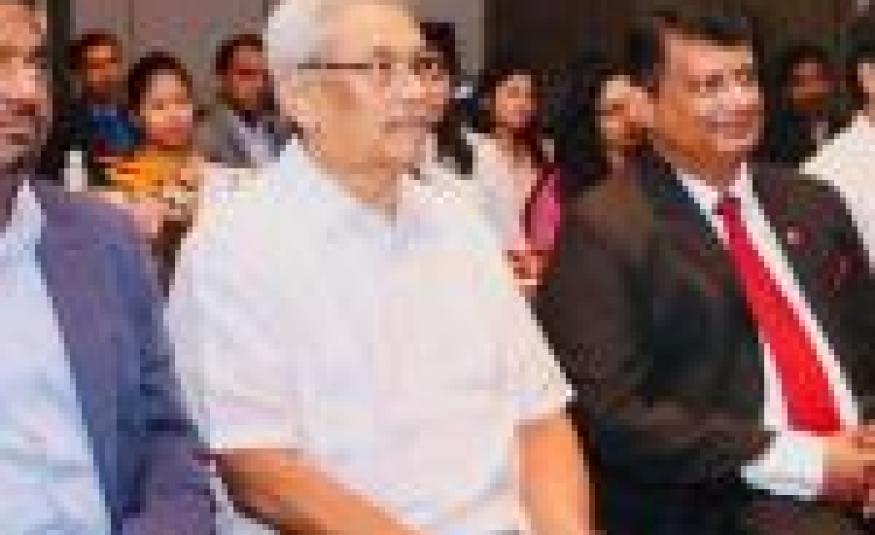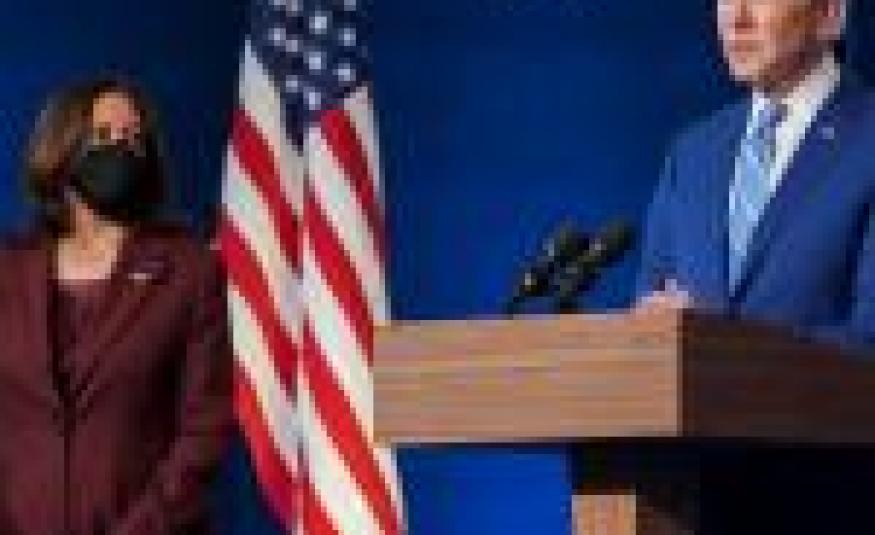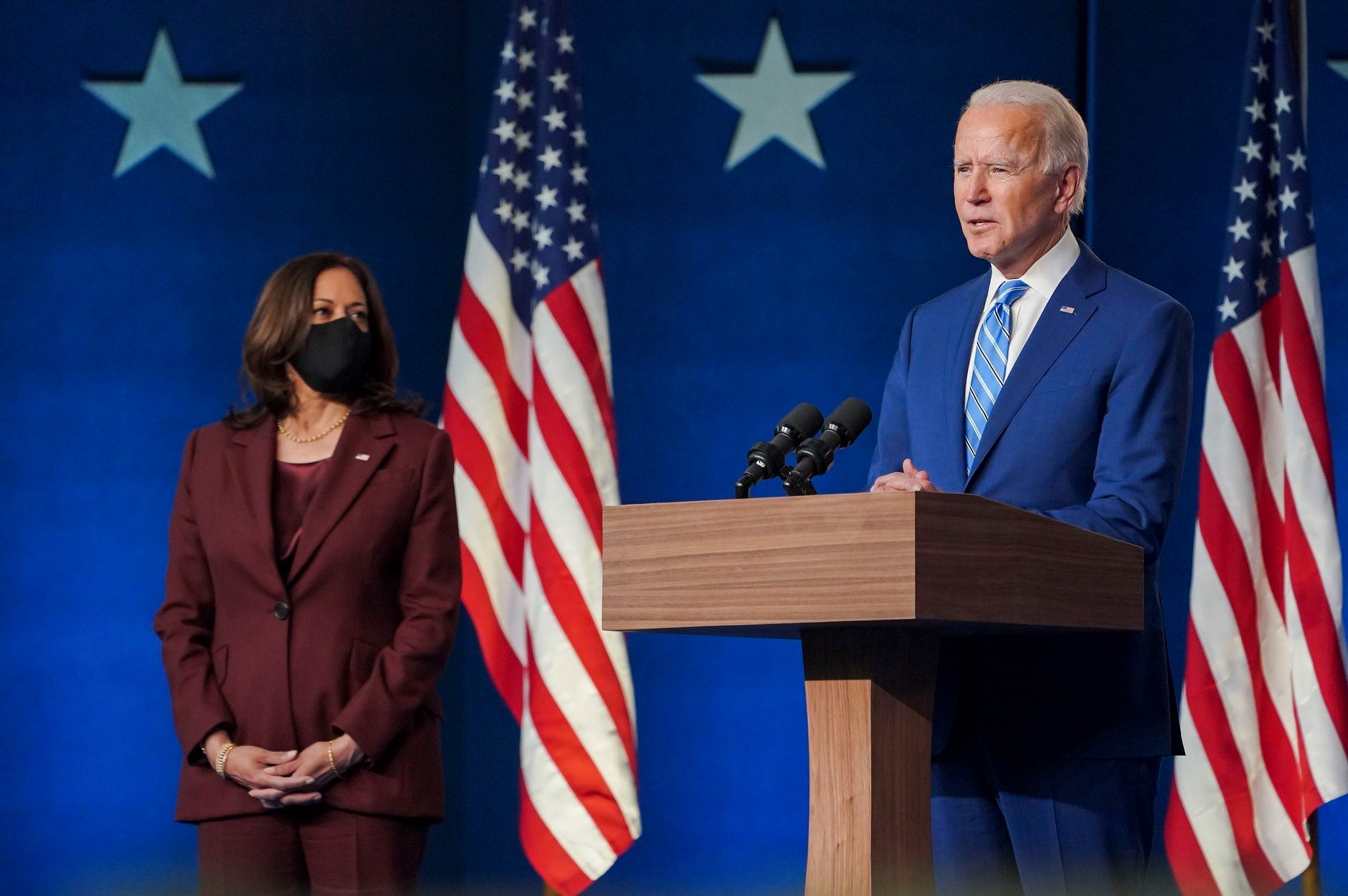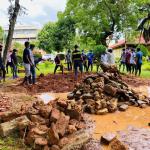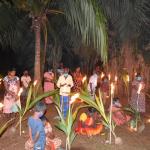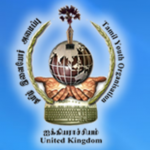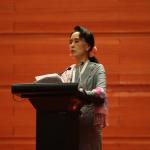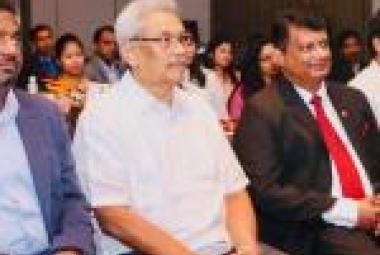The election of Joe Biden as the 46th President of the United States, as well as Kamala Harris as the first Black and Tamil female Vice President, has been touted as a victory for international multilateralism and the “restoration of America’s moral leadership” in the world.
In Biden’s manifesto, he announces that within his first year in office he will host a “Global Summit for Democracy” a key aim of which will be “advancing human rights” and “defending against authoritarianism”.
In an era in which the international community is backsliding on its commitments to Eelam Tamils and to human rights in Sri Lanka more generally, “moral leadership” is in dire need. However, the question remains will a Biden-Harris administration follow through?

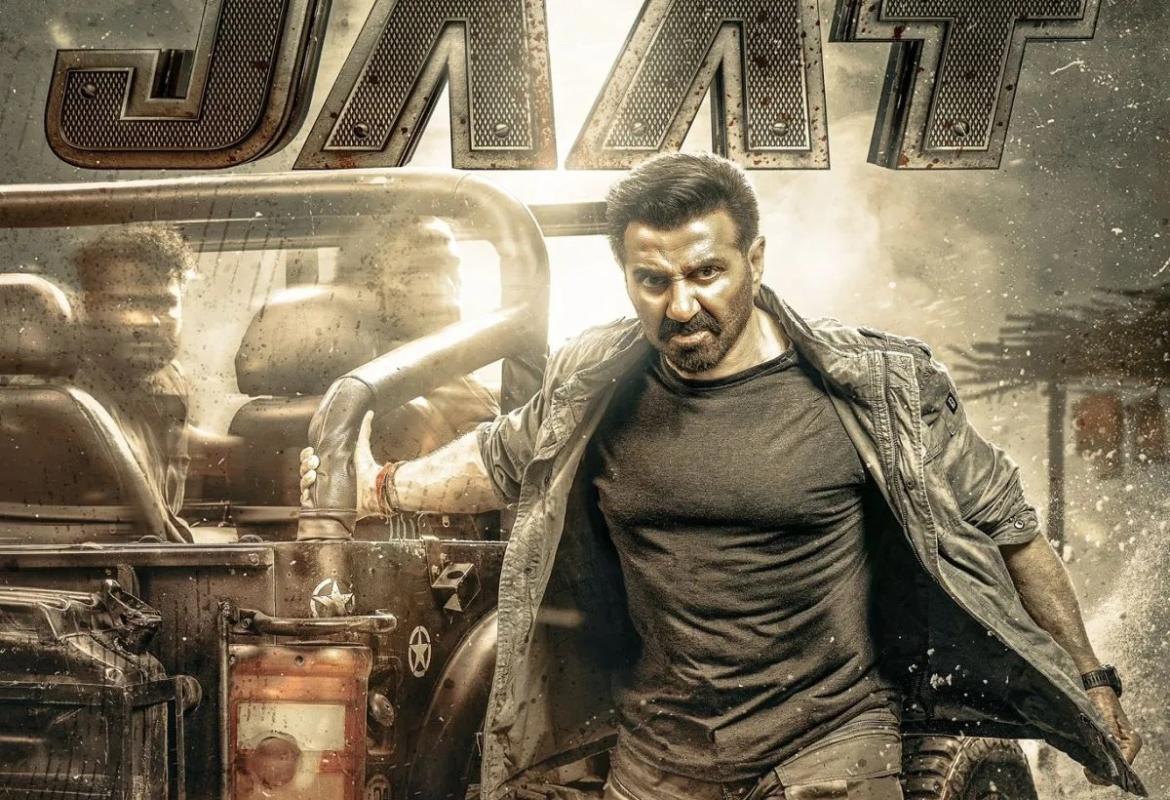


.jpg)


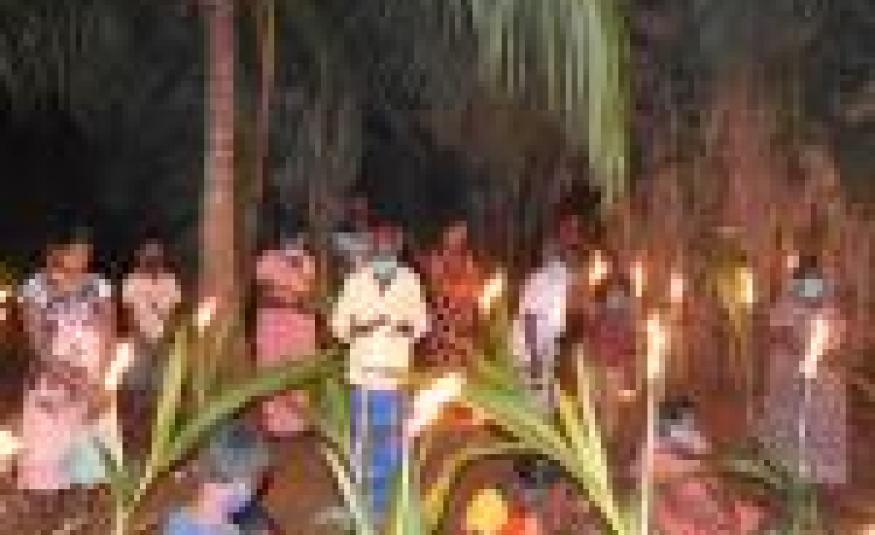
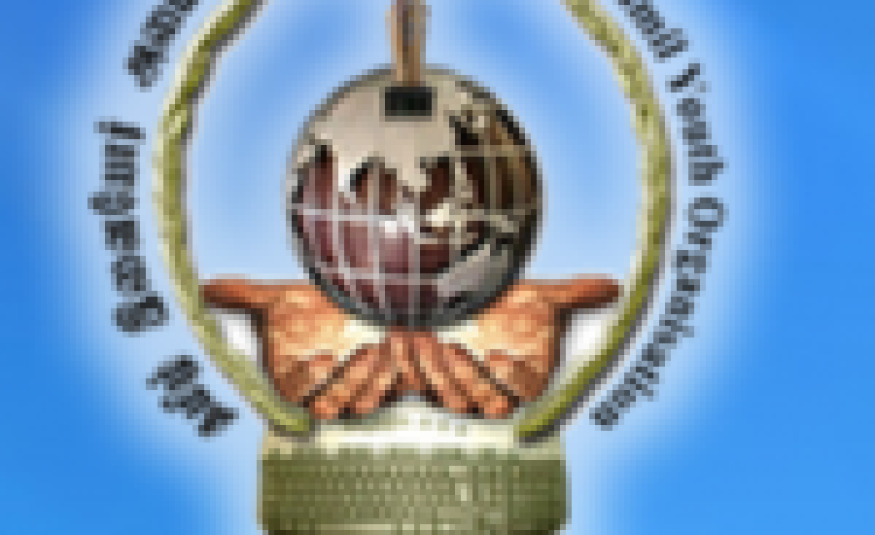

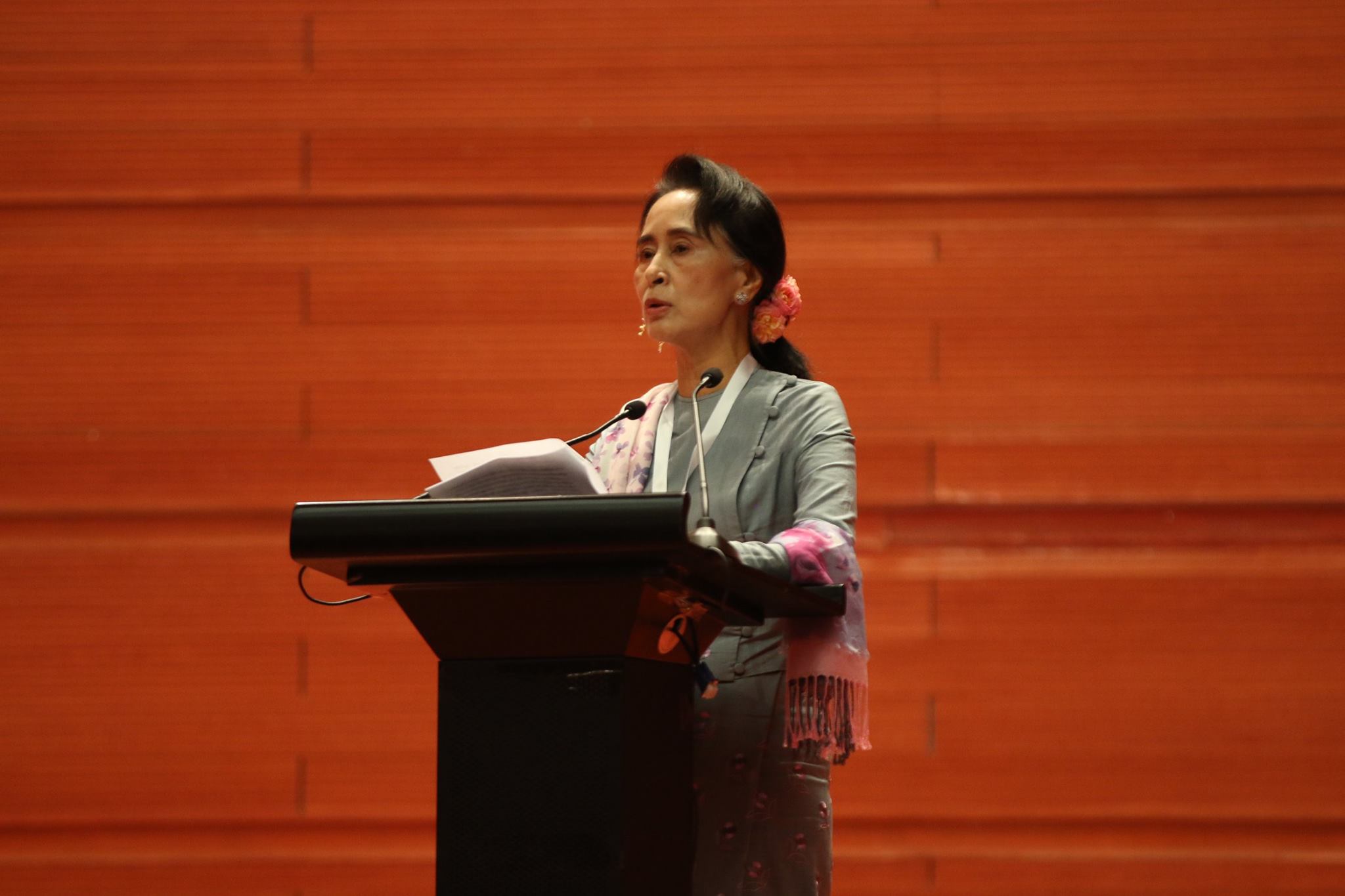 The victory of Aung San Suu Kyi’s National League for Democracy (NLD) at Myanmar’s elections has been heralded as evidence of support for the country’s
The victory of Aung San Suu Kyi’s National League for Democracy (NLD) at Myanmar’s elections has been heralded as evidence of support for the country’s 